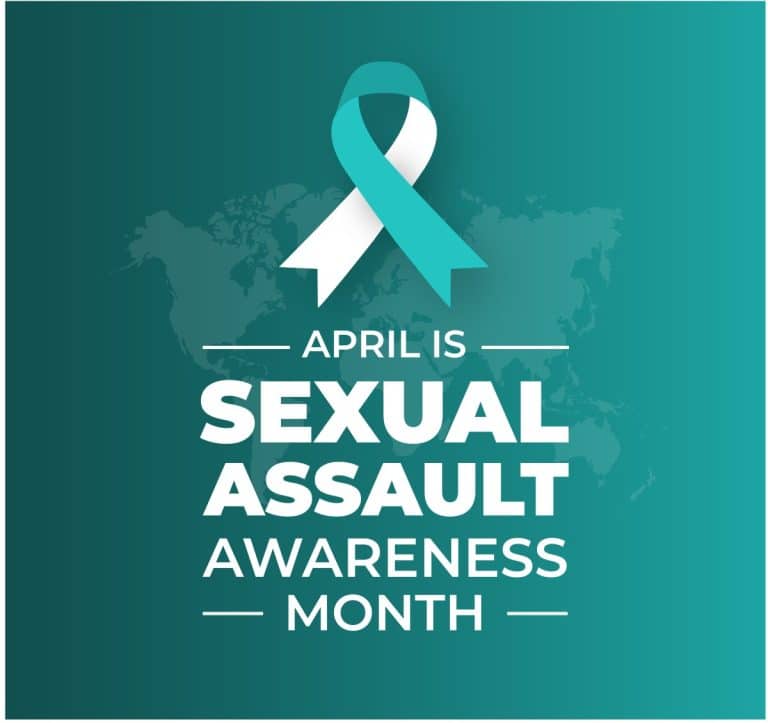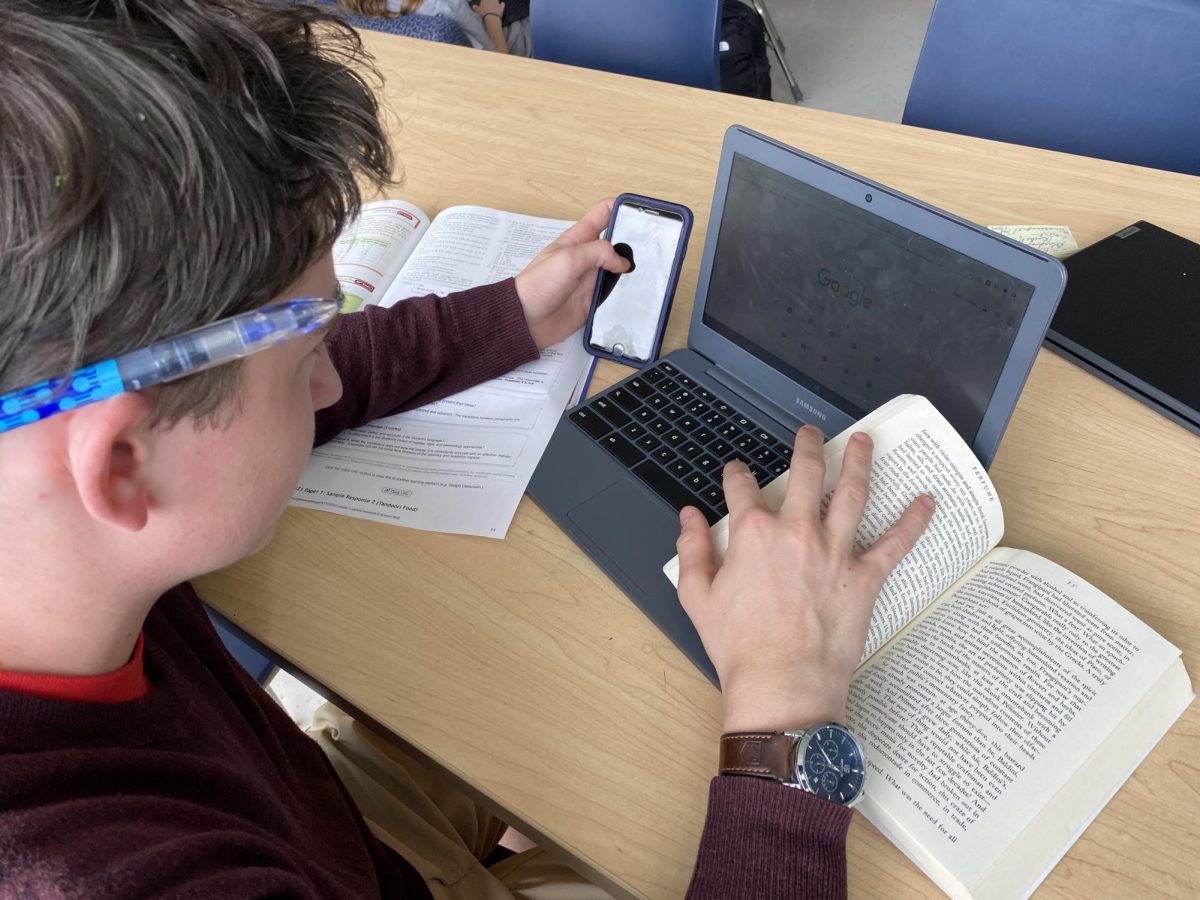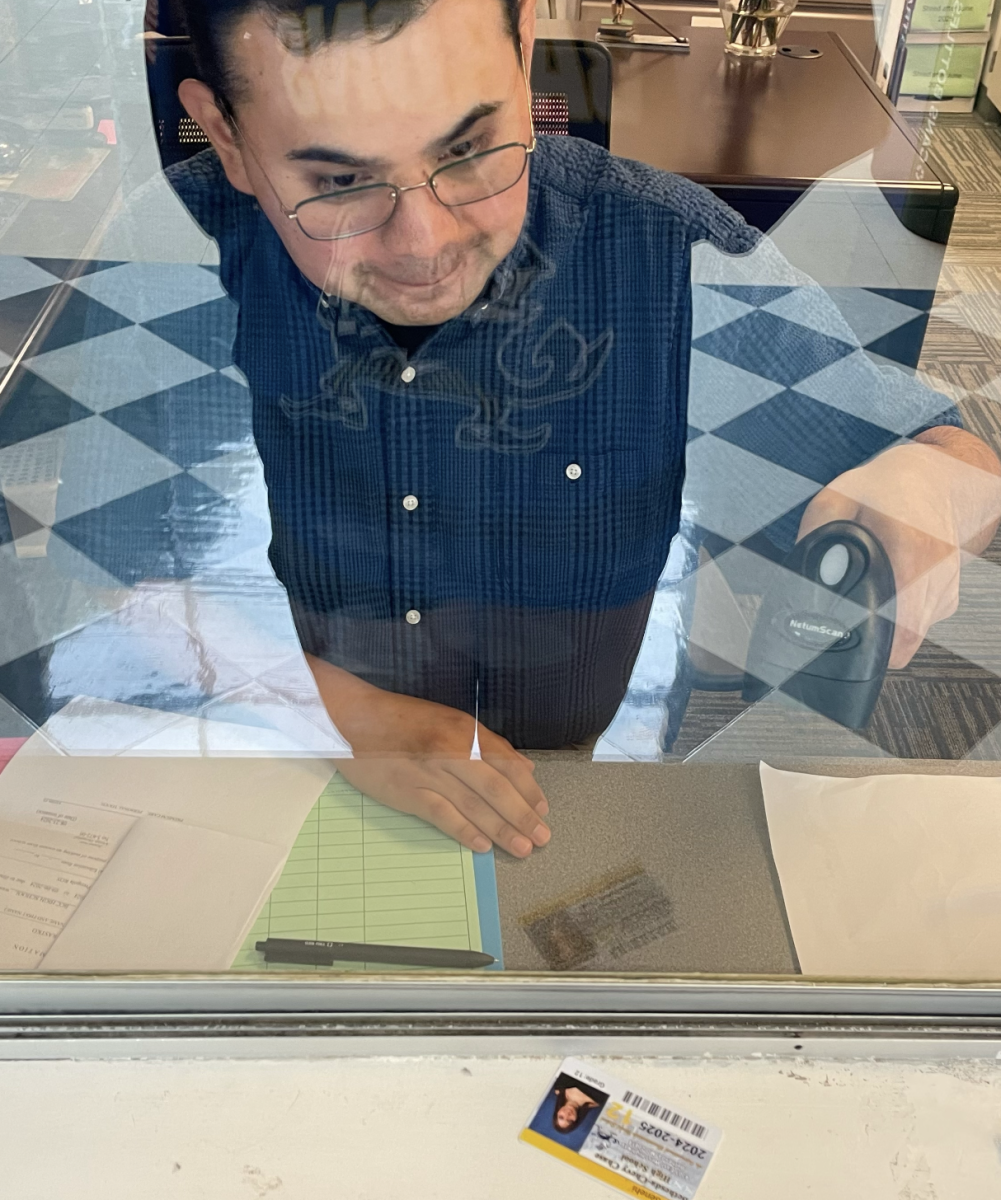As defined by the Cambridge Dictionary, multitasking is “a person or product’s ability to do more than one thing at a time.” Think deeply about what multitasking is. Eating a meal while watching either YouTube or Netflix at the same time? Imagine trying to juggle, ride a bike, and paint simultaneously. Impossible! Humans aren’t computers. Face it. No matter how hard someone tries, it is virtually unattainable to multitask.
Growing up surrounded by screens and gadgets, it’s customary for younger generations to believe that humans can focus on more than one thing at a time. In a nutshell, humans are products of their environment. Psychologist Paul Atchley wrote an article titled, “You Can’t Multitask, So Stop Trying,” for the Harvard Business Review. He raised a good point: “We have a brain with billions of neurons and many trillion connections, but we seem incapable of doing multiple things at the same time.”
In an article by the Cleveland Clinic, studies show that only 2.5% of people can multitask effectively. Additionally, a study by the NIH confirms that when our brain is switches gears to bounce back and forth between tasks — especially when those tasks are complex and require our attention — we become less efficient and more likely to make a mistake. There are several downsides to something that is assumed to save time and improve productivity, and to me, it seems as if society can’t wrap its head around this. Even though it displays as a way to accomplish more, why increase stress and anxiety levels at the expense of well-being?
From another point of view, neuropsychologist Dr. Cynthia Kebu explained to the Cleveland Clinic that, “The more we multitask, the less we actually accomplish because we slowly lose our ability to focus enough to learn. If we’re constantly attempting to multitask, we don’t practice tuning out the rest of the world to engage in deeper processing and learning.” Yet, opposing views claim that it all depends on whatever the tasks are at hand. Take, for example, talking to someone while on a phone or laptop or playing NYT Games while paying attention to the teacher. It seems like calling just about anything “multitasking” makes it automatically beneficial.
In an article titled, “Are There Benefits of Multitasking?” Shalena Srna, a UX researcher at Meta, explained, “We find that multitasking is often a matter of perception that helps, rather than harms, engagement and performance. Thus, when we engage in a given activity, construing it as multitasking could help us.” However, this overlooks the fact that our brains cannot handle a multitude of tasks simultaneously, and this is ultimately counterproductive. There is an evident illusion of efficiency, and society falls into that rabbit hole without a second thought.
As we navigate an increasingly formidable world, recognizing the value of focusing on one task at a time is crucial. Heaps of evidence underscore the fallacies of multitasking — compromising the quality of our work and our ability to engage in a task won’t cut it. Rather than heightening stress levels, dedicating our focus to one task at a time can help many aspects of life. It serves as a quick way to foster a sense of accomplishment. Dr. Nubu concluded her interview by saying, “You don’t need to be a surgeon to benefit from freeing yourself of the pressure to multitask. Whether taking a long road trip, organizing an event, or reading a book, we unequivocally perform best one thing at a time.”










































